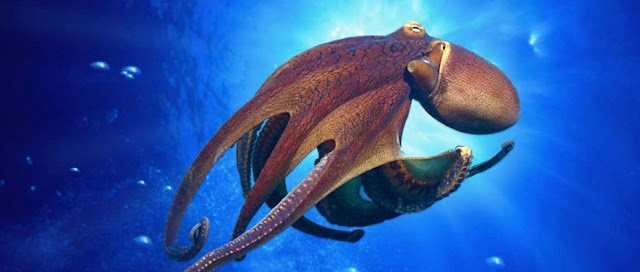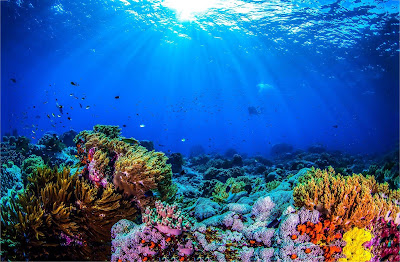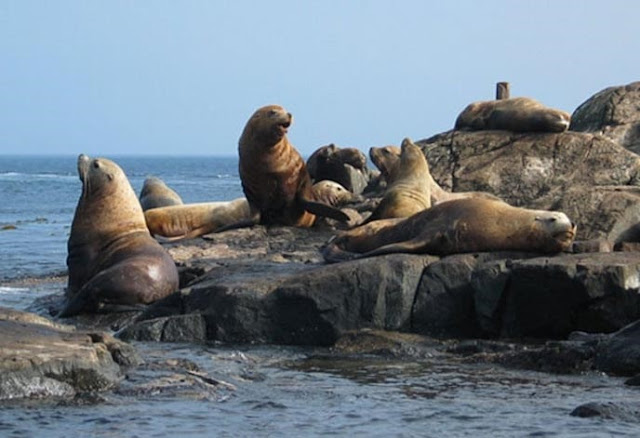Dead Whale's Decomposition Creates New Home for Marine Life
A sperm whale that died of natural causes has become a flourishing habitat for marine life after sinking to the ocean floor off the coast of California a decade ago. The whale's decomposing body has become an abundant source of food for various marine creatures such as fish, crabs, and other invertebrates. The whale's skeletal remains have evolved into a stable ecosystem in an otherwise dynamic ocean environment.
Moreover, the whale's death and decomposition have produced a distinctive ecosystem. Various bacteria and microbes residing in the whale's body have played an essential role in breaking down its tissue. As a result, these microbes have contributed to the ocean's food chain and recycled nutrients back into the water.
Scientists have also found great value in studying the whale's bones, which provides insight into its life and death. This research has enabled scientists to understand better the ocean's ecosystem and whales' role in it.
The dead whale's story is a reminder of the interconnectedness of all life on Earth. While the whale's death may appear tragic, it has created a new and thriving ecosystem, providing a new home for marine life and invaluable research opportunities for scientists.




Comments